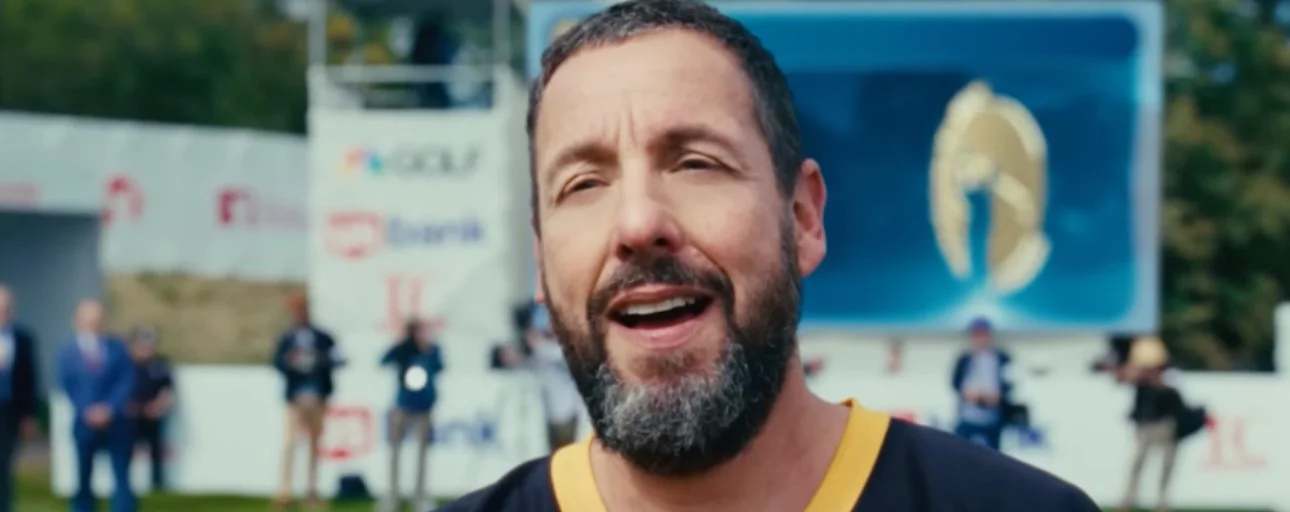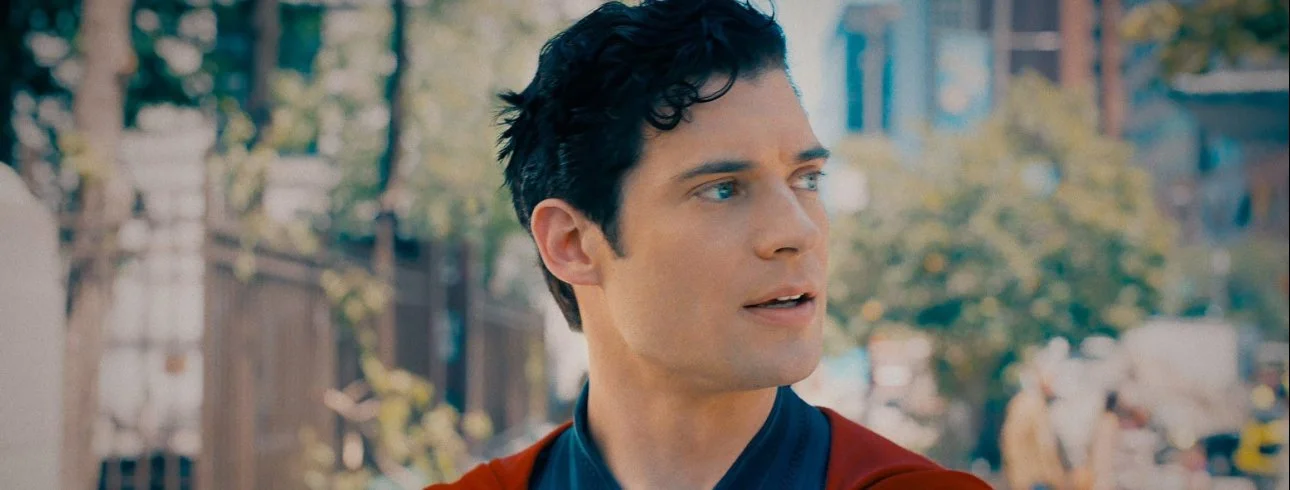Review originally posted on September 20th, 2020
Director Thomas Vinterberg was part of the Dogme 95 movement, which unearthed, among other people, Lars Von Trier. However, both filmmakers couldn’t be more different. Yes, Vinterberg employs the same shaky camerawork and improv-style dialogue as von Trier, but in a much more accessible and conventional fashion. Despite all that, Vinterberg has managed to give us two very good movies out of the eight he’s so far directed in his career: his 1998 debut “The Celebration” and 2013’s “The Hunt.”
“Another Round” has Mads Mikkelsen reteaming with Vinterberg for the first time since “The Hunt”. This latest provocation can best be described as a dramedy about the pleasures of drinking, as it focuses on high school teacher Martin (Mads Mikkelsen), who once had a career filled with aspirations and unique opportunities knocking at his door, but who has now succumbed to unhappily being married to Trine (Maria Bonnevie) and hanging with his three middle-aged friends, all of whom teach at the same high school.
You can tell Martin is going through a midlife crisis. This isn’t purely speculation; when he decides to meet up at a restaurant to celebrate the 40th birthday of Nikolaj (Magnus Millang), he resorts to admitting that his life is in shambles, and the only reason he’s still with his wife is for the sake of his two children. Then, over multiple shots of vodka and glasses of wine, Nikolaj mentions the theory of a Norwegian philosopher and psychiatrist by the name of Finn Skårderud, who is famous for saying that it is essential to drink daily to attain immaculate happiness. Skårderud’s theory relied on the assertion that human beings are born with a blood alcohol level that’s .05 percent too low, which amounts to one or two glasses of wine, and that people should drink to that level and maintain it throughout the day. The benefits would result in you being more relaxed, poised, musical, and open. Now, who doesn’t want that?
After a slow start setting up the lives of these four men, the dinner scene kicks the movie up a notch and starts piquing our interest. Martin and his friends agree that they’ll try Skårderud’s theory by experimenting on it, and recording the results as if they were writing a scientific research paper, but really, it’s all just an excuse for this wolf pack to get trashed silly. And, yes, this means going to their day jobs at the high school inebriated whilst teaching their students.
The concept of a comedy devoted to the use of habitual drinking sounds like a fascinating idea on-paper. And, at some point, during the film’s strongest moments, which all occur during its middle section, Vinterberg and his cast give off that contagious itch of reaching for a bottle of Russian-bred vodka and succumbing to life’s pleasures. But the end result backfires, and it turns out that “Another Round” is all concept and no execution, a barely-detailed romp that fails to take advantage of its crazy idea. The film is actually fairly slapdash, a disorganized narrative with a fairly thickheaded approach to human behavior.
It’s also very predictably laid out how this is all going to go down. The alcohol transforms Martin, he becomes a better teacher, a better husband, and a better father — until he doesn’t. It turns out that if you decide to start drinking alcohol on a daily basis you will build a tolerance to it and, gee whiz, you will want more of it. Those 2-3 glasses of wine turn into 2-3 glasses of vodka and that turns into an irresponsible dive into the world of 100% proof absinthe. Also, wouldn’t you know it, Tommy (Thomas Bo Larsen), one of our four protagonists, a depressed gym coach at the high school, has his secret stash of alcohol discovered on school property, creating additional problems for the pack.
And yet, my main gripe with the film isn’t necessarily its predictable nature, but more about how the whole thing is constructed, its grooveless nature. With such a fascinating concept in your hands, you’d expect Vinterberg to produce more hijinks from our crew, more revelry in the unadorned pleasures of drinking. But he quickly ditches the golden opportunities and instead decides to focus his attention on conventional wisdoms: marital gripes quickly seep into the drama, jobs start being in danger, and the overall carelessness of their behavior turns the film into a cautionary tale about living in the moment. Oh geez. I could have used more scenes of these four men being inebriated and conducting their science experiment of debauchery. Instead, we get Vinterbeg’s half-baked message. [C+]




